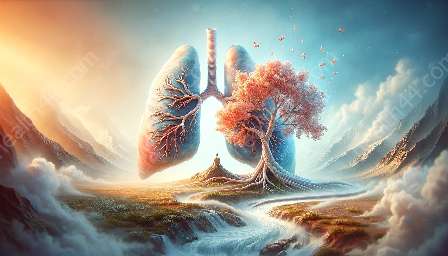Rosacea is a chronic skin condition that affects millions of people worldwide. It is characterized by facial redness, visible blood vessels, and in some cases, red bumps and pimples. Rosacea can be a source of discomfort and embarrassment for those who suffer from it. This comprehensive guide provides detailed information about rosacea, including its symptoms, causes, and treatment options.
Symptoms of Rosacea
Rosacea typically appears as a persistent redness on the central part of the face, such as the forehead, nose, cheeks, and chin. Other common signs and symptoms of rosacea include:
- Visible blood vessels
- Swelling
- Bumps and pimples
- Eye irritation
The severity of rosacea varies from person to person, and some may experience more pronounced symptoms than others. It's important to consult with a healthcare professional for an accurate diagnosis and personalized treatment plan.
Causes of Rosacea
The exact cause of rosacea is not fully understood, but several factors may contribute to its development, including:
- Genetics
- Abnormalities in the blood vessels of the face
- Demodex mites
- Environmental triggers, such as sunlight, heat, and wind
- Certain foods and beverages
- Topical medications
- Oral antibiotics
- Laser therapy
- Skincare products specifically formulated for sensitive skin
- Avoiding triggers, such as hot beverages, spicy foods, and alcohol
- Protecting the skin from sun exposure with broad-spectrum sunscreen and protective clothing
- Gentle skincare practices, including using mild, non-abrasive cleansers and moisturizers
While the exact cause may be complex and multifaceted, identifying and avoiding triggers can help manage and reduce flare-ups of rosacea.
Treatment Options for Rosacea
Although there is no cure for rosacea, various treatment options can help control its symptoms and improve the overall appearance of the skin. Some common treatment approaches include:
It's important for individuals with rosacea to work closely with a dermatologist to develop a personalized treatment plan tailored to their unique needs and preferences.
Managing Rosacea for Better Health
In addition to medical treatments, making certain lifestyle adjustments can help individuals manage their rosacea effectively:
By incorporating these strategies into their daily routine, individuals with rosacea can promote skin health and minimize the impact of rosacea on their overall well-being.
Overall, understanding rosacea and its management is crucial for individuals who experience this common skin condition. With the right knowledge, support, and treatment, it's possible to control rosacea effectively and maintain healthy, clear skin.















































